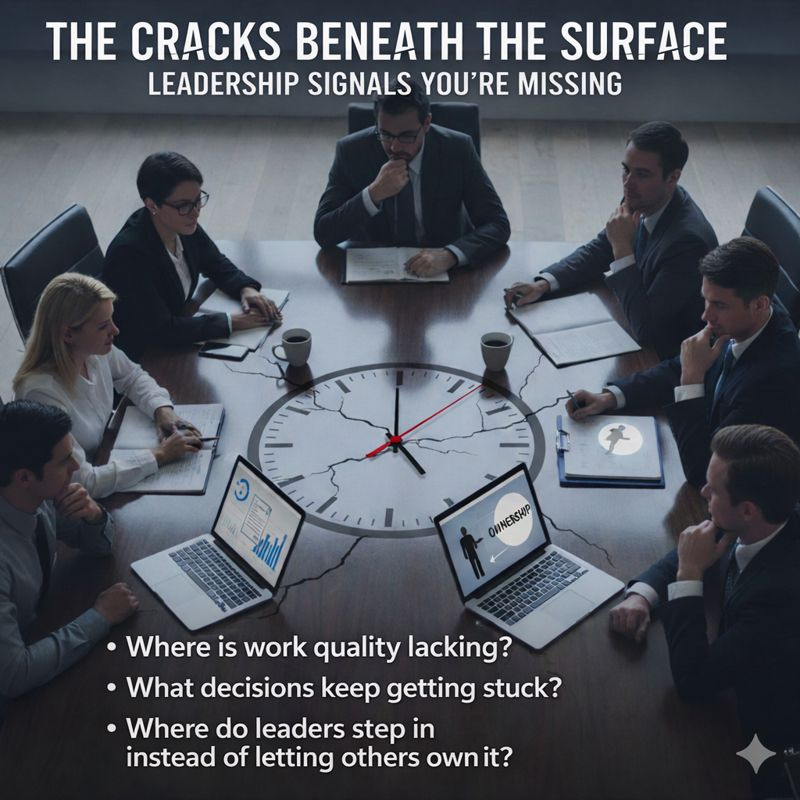Poor Communication Yields Poor Team Results
Celeste Headlee, a communications expert and media personality, believes that a leader is only as strong as the team around them. She believes that leaders need to communicate effectively with their team members to position the individuals and the team for success.
Headlee shares that the time a person spends in face-to-face communication with another human being is directly correlated to their lifespan. She points out that true conversation involves listening to what another person has to say and responding to their comments. Synergy, when two heads are better than one, is the result of people taking the time to understand each other’s perspective and finding the aspects of someone else’s thinking that enrich their knowledge. For us to effectively work with other people we have to have empathy for others, believing that everyone has ideas that can add value to a team’s work.
Not taking time to listen deeply and ask questions so we understand where others are coming from results in miscommunication. And miscommunication among team members is the number one reason for project failure. Research shows that the primary cause of miscommunication is email and texting. These electronic verbal messages do not send body language and tone of voice cues to improve understanding. Neither do they permit emotional connection. They are effective for facts, lists, discussion summaries, and praise but they aren’t good methods for trouble-shooting and collaborative decision making.
Leaders of effective teams take time for face-to-face conversations realizing that the results of quality dialogue yield a high return on the time invested. What is one thing you will do to increase the conversations in your life which will improve understanding and team results?
#communication #celesteheadlee



